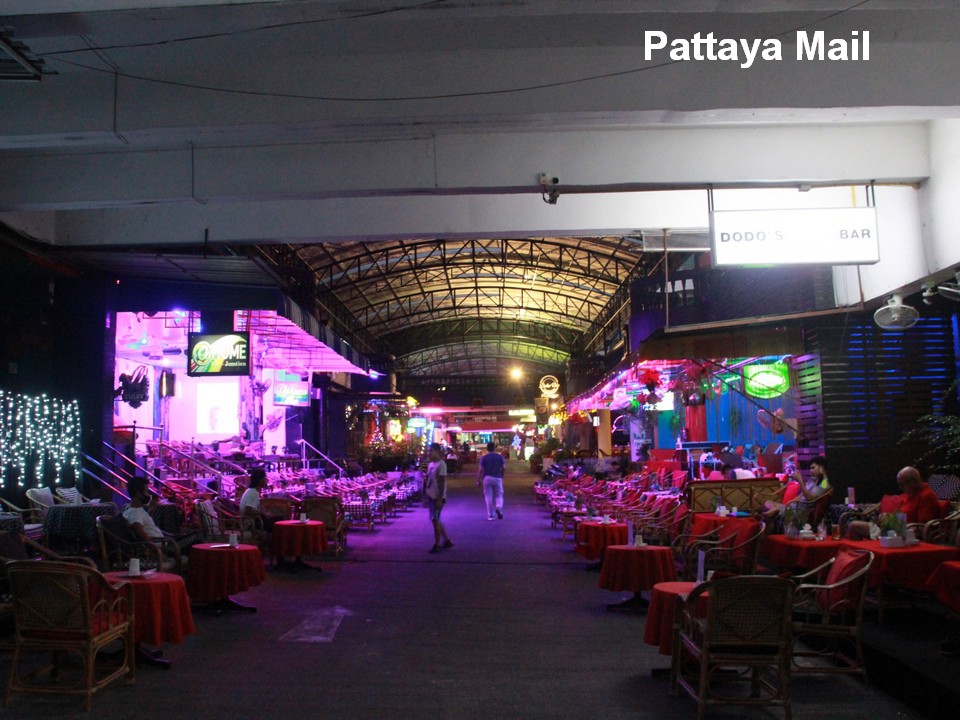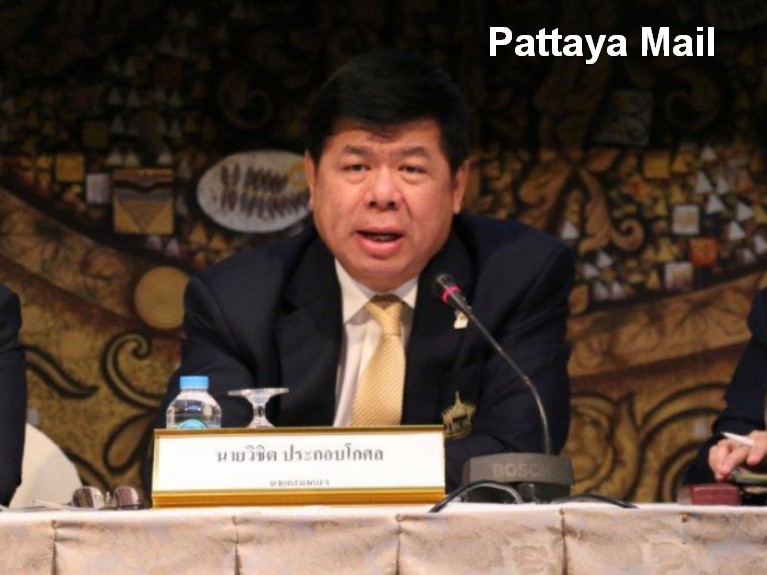
The government can loosen all the visa requirements it wants, but foreign tourists won’t return to Thailand until the mandatory quarantine period is abolished, the Association of Thai Travel Agents said.
ATTA President Wichid Prokobkosol on Dec. 16 applauded the restoration of visa-exemption status for travelers from 56 countries, but said it will have little impact on arrivals as all tourists still must endure expensive 14-day quarantines.
“If the government doesn’t unlock the quarantine state, 95 percent of tourists will be too inconvenienced to come. Income from tourism may increase from 1-3 percent, but that’s not much.”
In force until March, visa exemption allows tourists from 56 countries to arrive in Thailand without a visa and receive 30-days legal status with just a stamp in their passports.

Combined with the reintroduction of the single-entry tourist visa and long-stay Special Tourist Visa, Thailand is basically open for business again, just as before the pandemic – except for the quarantine requirement.
So, while there are no visa or immigration barriers to entry, tourists still won’t come in large numbers if they have to be locked up in a hotel room for their first two weeks, Wichid said.
Thailand will see an increase in tourists thanks to visa exemption and single-entry visas, but the only ones who likely will take advantage of them are long-stay and retired travelers who can spend three to six months in the country, he said.
He said the current thousands of foreign arrivals Thailand is receiving would jump to tens of thousands, but not three million a month Thailand saw in 2019. Wichid predicted those tourism levels won’t return for as many as three years.

ATTA will continue to pressure the government to abolish quarantine requirements for travelers from countries without widespread community spread of the coronavirus for the past 150 days, Wichid said.
He noted that eight countries currently qualify under that criteria and those nations previously sent 15 million tourists to Thailand. “If we get only half of them to return, that will help stimulate the economy.”
ATTA has prepared a letter to present to the tourism and finance ministries, Bank of Thailand and other relevant agencies that calls for establishing a central fund to subsidize tourism businesses, offer low-interest soft loans, extend loan-repayment deadlines and pay half of tourism employee wages.





